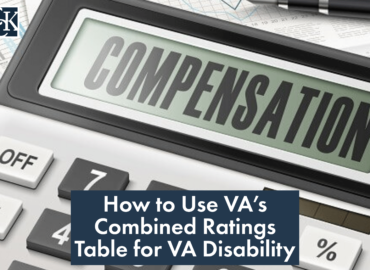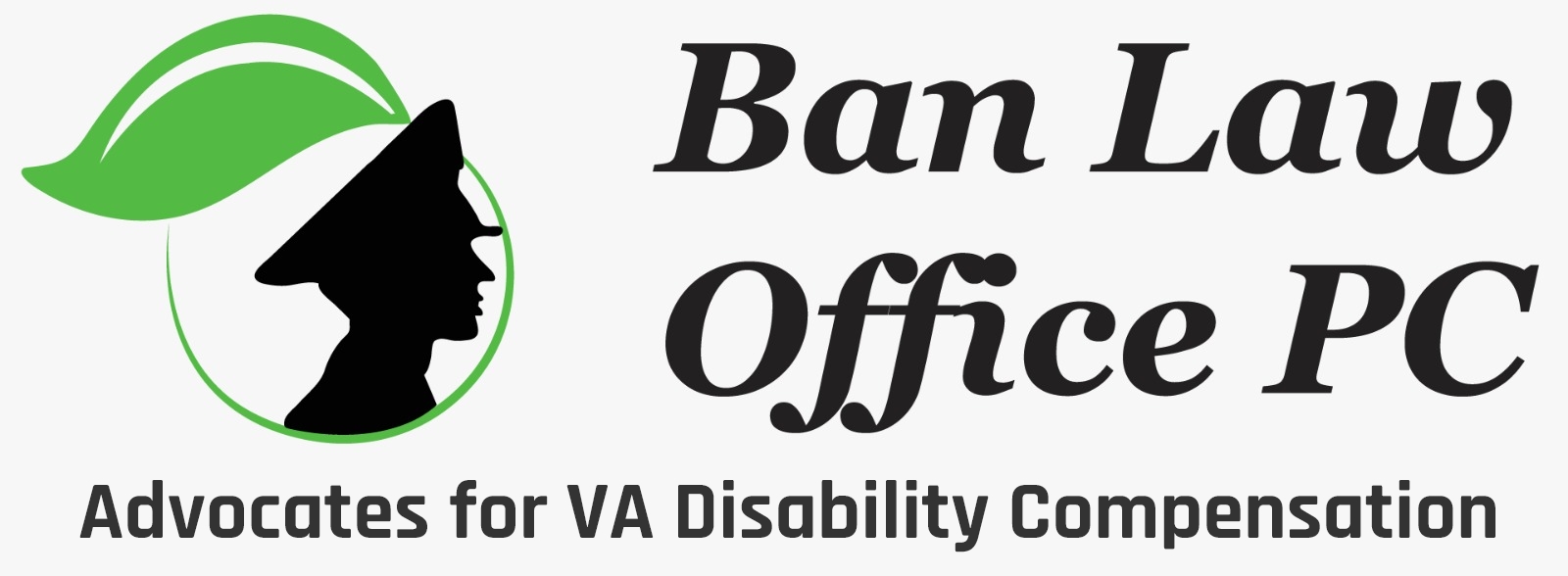Welcome to Ban Law - Representing Veterans Nationwide
At Ban Law, our commitment to veterans is real. We proudly represent veterans nationwide, ensuring that their voices are heard, and their rights protected.
Ban Law Office PC specializes in handling Veterans Appeals for Compensation. We handle all types of claims, both physical or mental, claims for service connection, increased rating, earlier effective dates, at all levels of the appeal process, including in front of the Court of Appeals for Veterans Claims, and Federal Court. Give us a call at (801) 532-2447 to see if we can help. There is no attorney fee payable unless you win.

Our Easy Process

1.
Initial Consultation
During an initial consultation phone call, I will devote the time and attention to listen to what impairments you’ve had, what you’ve applied for in the past, and what other claims you might have.

2.
Representation Filings
If we decide to formalize our representation I will send you a VA 21-22a form and a contingent fee agreement to sign only once those forms are signed would I be your official attorney representative.

3.
Review Claims File
After gaining access to your claims file I will review all current and past claims as well as potential claims that you have not thought to claim yet. We will determine if earlier effective dates can be claimed.

4.
Evidence Developement
We will work with you to develop the best strategy to win claims including helping to develop lay evidence and medical opinion evidence to win your claims.

5.
Submission of Appeals
We will work to win your claims as quickly as possible, filing appeals of downstream issues that are born out of decisions that grant service connection.
Our Services
A number of delivery models for legal aid have emerged. The Legal Services Corporation was authorized at the federal level to oversee these programs.

VA Disability
Our skilled lawyers have decades of combined experience developing protection plans for clients.

Denied Benefits?
No matter how small or large the claim, we treat every assignment with highest level of attention.
Client Reviews
Our Latest News
Lawyers working directly on the payroll of governments, nonprofits, and corporations usually earn a regular annual salary. They can also volunteer their labor

Agent Orange (AO) generally refers to any herbicide that was used during the Vietnam War, but the main ingredient within these herbicides that causes most medical problems is dioxin.

Many Veterans become confused when they have different service-connected problems that the VA rated them for and may not understand how to calculate them.

The VA amended its adjudication regulations, adding three respiratory conditions—chronic asthma, rhinitis, and sinusitis (including rhinosinusitis)—to a list of presumptive conditions.


